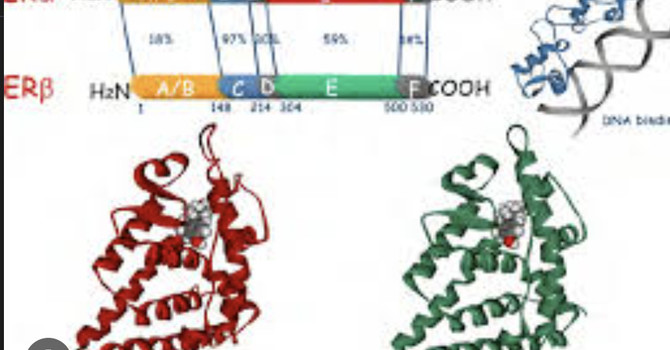
Menopause is a natural transition in a woman’s life, but it often brings more than hot flashes and mood swings. Many women are surprised to find themselves struggling with new aches and pains, especially in their knees and shoulders. If you’re experiencing this, you’re not alone—and there’s a biological reason behind it. Let’s explore how declining estrogen during menopause can lead to joint pain, and how hormone replacement therapy (HRT) might offer relief.
The Role of Estrogen in Joint Health
Estrogen isn’t just important for reproductive health—it’s also a key player in keeping your joints healthy and pain-free. This hormone helps:
-
Protect cartilage, the smooth tissue that cushions your joints
-
Reduce inflammation throughout the body
-
Maintain the integrity of connective tissues and synovial fluid, which lubricate and support joints (Richette et al., 2003; Sniekers et al., 2008)
When estrogen levels drop during menopause, these protective effects are diminished. The result? Increased inflammation, faster cartilage breakdown, and a higher risk of conditions like osteoarthritis—all of which can lead to joint pain, stiffness, and swelling (Richette et al., 2003).
Why Are Knees and Shoulders So Affected?
Knees and shoulders are two of the most commonly affected joints during and after menopause:
-
Knee Pain: The knee is a weight-bearing joint, making it particularly vulnerable to the wear and tear that accelerates as estrogen declines. Studies show that women are at higher risk for developing knee osteoarthritis after menopause (Kim et al., 2020). Symptoms can include pain, stiffness, swelling, and difficulty with movement.
-
Shoulder Pain: The shoulder is a complex joint with a delicate balance of muscles, tendons, and ligaments. Low estrogen can lead to inflammation and conditions like "frozen shoulder" (adhesive capsulitis), which is more common in postmenopausal women (Sun et al., 2021).
How Does HRT Help?
Hormone replacement therapy (HRT) replenishes estrogen levels, which can help restore some of the hormone’s protective effects on your joints. Here’s what research and clinical experience show:
-
Reduced Joint Pain: Large studies have found that women on estrogen therapy report less joint pain and stiffness compared to those who do not use HRT. This benefit is seen in both the knees and shoulders (Chlebowski et al., 2013).
-
Lower Risk of Certain Conditions: Women on HRT have a lower risk of developing adhesive capsulitis (frozen shoulder) and may have a lower prevalence of symptomatic knee osteoarthritis (Kim et al., 2020; Sun et al., 2021).
-
Improved Quality of Life: By reducing pain and improving mobility, HRT can help women stay active, maintain muscle strength, and enjoy daily activities without as much discomfort.
What Does the Science Say?
-
A large Korean study found that postmenopausal women using hormone therapy had a significantly lower prevalence of symptomatic knee osteoarthritis compared to those who did not use hormones (Kim et al., 2020).
-
Research from Asia found that women on HRT were less likely to develop frozen shoulder, a painful and disabling condition affecting the shoulder joint (Sun et al., 2021).
-
The Women’s Health Initiative trial showed that estrogen alone led to a modest but sustained reduction in joint pain frequency and severity (Chlebowski et al., 2013).
Is HRT Right for You?
While HRT can help with joint pain, it’s not suitable for everyone. The decision to start HRT should be made with your healthcare provider, considering your personal health history, risk factors, and overall goals. For some women, lifestyle changes such as regular exercise, a healthy diet, and weight management can also make a significant difference.
Dr. Anat Sapan MD, specializing in peri/menopause care, advocates for a personalized approach combining Bioidentical Hormone Replacement Therapy with lifestyle strategies. Her telemedicine services in Arizona, California, Florida, Illinois, New York and Arizona. I aim to help women overcome menopausal symptoms and enhance their quality of life.

Anat Sapan, MD
Contact Me



